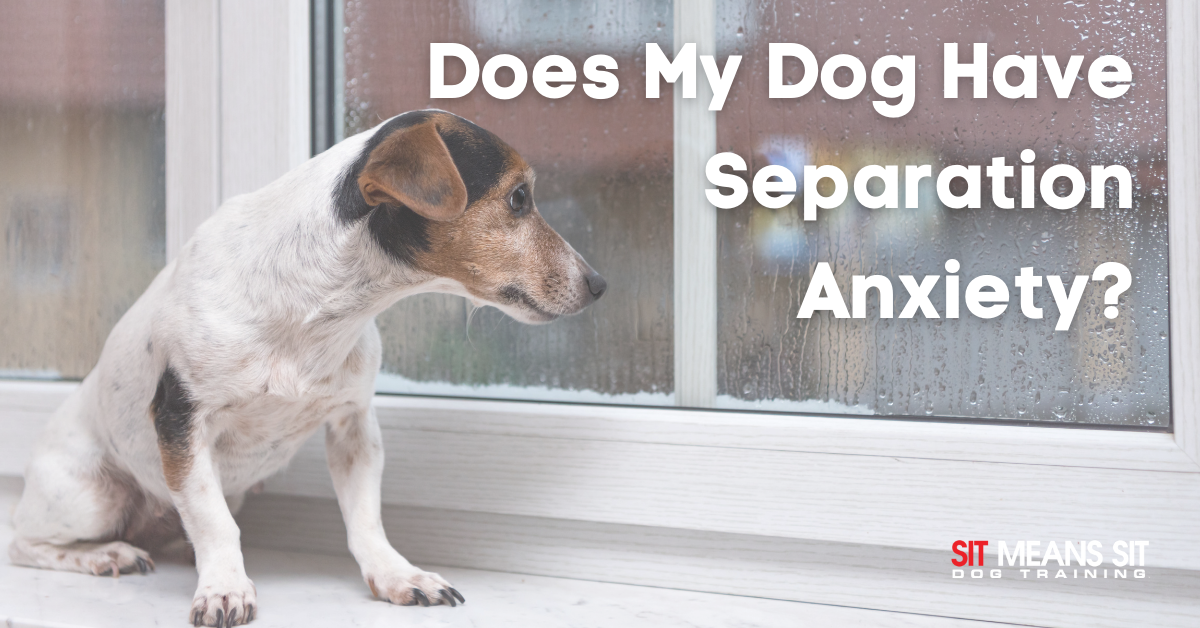
Does My Dog Have Separation Anxiety?
As people continue to head back into the office, there will be a shift as we reacquaint ourselves with this lifestyle. Not only will we humans need to get used to this transition, but our furry friends will also have to. Because of the transition, there will likely be a culture shock for our pets as we leave them home alone again. Our pets have become accustomed to our constant company as most of us spend more time at home than we did two years ago. How will our leaving home affect our pets? Here are a few things your puppy may be feeling and ways they may act as a result.
Symptoms of Separation Anxiety
Barking
When left alone, a dog may bark or howl over the sadness that it was left behind. The difference between regular barking and separation anxiety-induced barking is that the barking and howling will be relentless when your dog is anxious.
Destruction
To gain their owner’s attention, dogs may act recklessly by chewing, digging, or doing other acts of destruction. When left alone, an animal may destroy furniture or dig at doors. This destruction is a dangerous side effect of anxiety as it can result in the dog potentially harming itself.
Pacing
If a dog is anxious, it may pace around nervously, waiting for the owner to arrive. Pacing can include walking in circles, short lines, or back and forth. This pacing usually occurs when the owner is not present, making it difficult to catch.
Escaping
When left alone, dogs may try escaping from an area they are confined in. This trait displays itself through chewing at windows and doors typically. This action can result in self-harm as the dog’s teeth, paws, or nails could be injured in escape.
Urinating and Defecating
Finding urine or defecation in the home can be upsetting, especially after a long day of being gone. If your animal does not typically urinate or defecate in the home, it may be a sign that they are experiencing separation anxiety.
Development
There is no exact reason why a dog may experience separation anxiety but there may be a few changes that could trigger this anxiety:
- Change in schedule
- Change in residency
- Change in members of the household
- Medical issues
Some of these symptoms of separation anxiety could be symptoms of a further medical issue, as well. If your dog begins to experience these symptoms, it is smart to check them out with a veterinarian.
Separation anxiety may be expected for our pets, but these feelings will affect how our furry friends act. By helping our dogs cope with this anxiety, we can ensure they are feeling their best mentally and physically.
